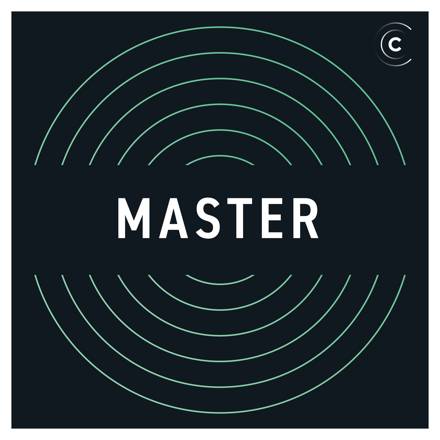#define: piggyback
What happens when you take two #define champs (Taylor Troesh, Thomas Eckert), a grizzled veteran (Adam Stacoviak), a british bard (Mat Ryer), a PhD (Carol Lee) & you pit them against each other in a game of fake tech definitions?! There’s only one way to find out…







